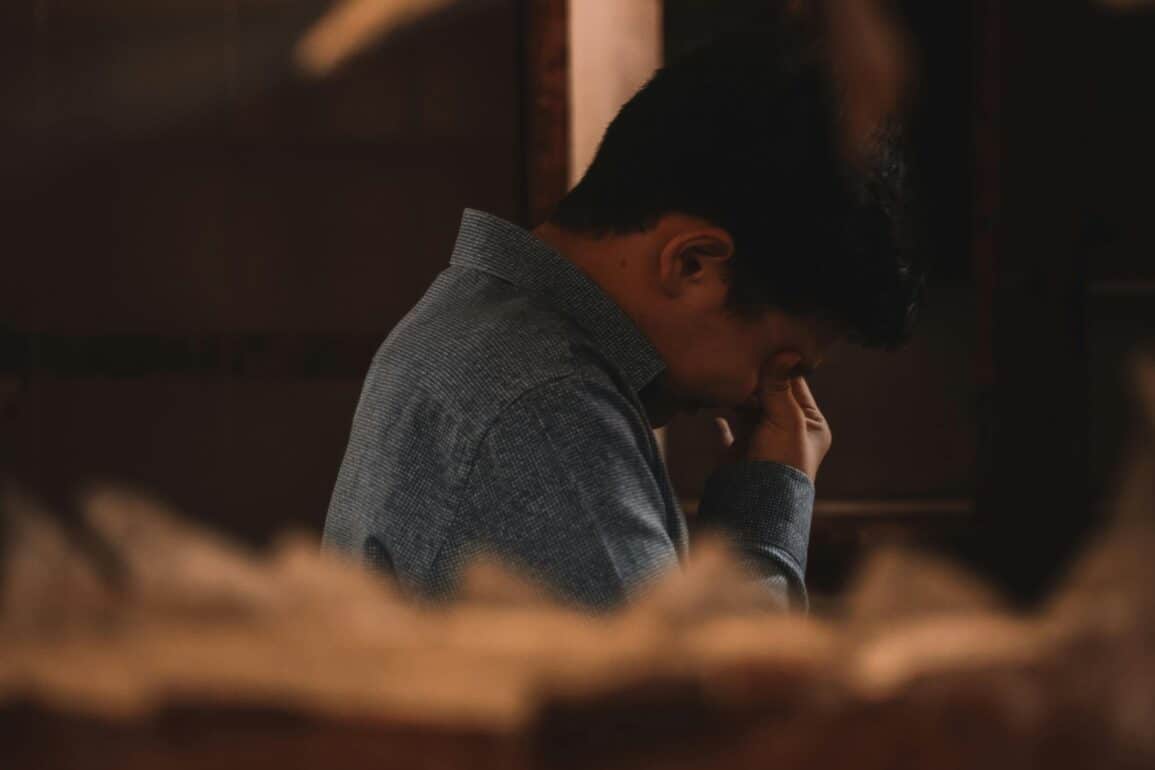A while ago, the phrase “the rich also cry” became popular. The song by the Argentine duo Fedra y Maximiliano comes to mind, whose lyrics from one of their songs from the late 60s said: “We all have relatives, we have/ We all cry for something/ We are short-lived, /we know/ We all always look for each other…/ We love/ We cry…/ We fight…/ We know…” That is, about joys and pains – who more, who less – we know from our own experience. This reflection was suggested to me by reading a recent book/interview by the Spanish psychiatrist Aquilino Polaino-Lorente We Are All Fragile (also psychiatrists): A Conversation about Mental Health (Encuentro, 2024), whom I met in the 80s at the University from Piura, where he was invited to give some lectures.
Polaino-Lorente, now retired, dedicated himself, professionally, to teaching, research, and psychiatric practice. At the University of Piura, we published his Notes on Freud’s Anthropology in 1984. His publications are numerous and, several of them, have been very useful to me for the anthropological issues of my teaching activity. In this new editorial installment, as the title of the book indicates, our author is dedicated to talking about human fragility. For those of us who have been in existence for several decades and have more than one physical or mental fragility on our backs, his reflections – born from clinical practice – illuminate the various dimensions of the human condition.
The pain comes and “it is important,” says Aquilino, “that men are hurt by pain. When you feel it, you are reborn differently. Although there is now a stark fight against paternalism, feeling sorry for someone is not a mistake, but a symptom of human health. Nothing about others can be foreign to us, especially those closest to us. Sharing the suffering and joys of others distances us from cynicism, which is a kind of deeply selfish encapsulation. Living with our raincoat always on us in such a way that other people’s things slip off us is a very lonely way of constructing our history, which essentially comprises a social echo.” Learning to suffer is no small thing.” Suffering is a reality from which no one escapes at some point in their life. I speak of physical, mental, real or imaginary suffering, because many people also suffer from problems that are not real.” Suffering without succumbing to the “deep falls of the Christs of the soul” (César Vallejo) and feeling sorry for one’s suffering neighbor is part of the human experience. In this regard, after thinking about it, I find that when there is a transcendent meaning of life, it is easier to cope with one’s own and other people’s pain. This is also pointed out by Polaino-Lorente: “the quality of the self-explanation we give ourselves about the pain is very important in order to face it head-on. The Catholic faith includes infinite answers to the mystery of suffering. If one goes down those paths, there is no way to find why’s and wherefores when one has also cultivated a spiritual life rooted in Christian practice.” Saint John Paul II, in Salvifici Doloris, a text to which I frequently return, says it in similar terms. In the face of pain, rather than answers to why, it is more illuminating to reflect on the why. The pain makes sense.
“It is important – our author insists – to be enormously patient with one’s own imperfections: to know them, accept them and laugh at them in an effort to correct them. It is always positive to correct imperfections to the extent of our real possibilities, but without turning it into a chronic systematic task, as if it were the only goal of our life, because that is crazy. (…) what remains is the healthy, sporting fight against one’s own defects, without absurd negativism.” Trying to be good people is not synonymous with perfection. Furthermore, dealing with Mr. or Mrs. Perfect is insufferable. Spontaneity and correctness go hand in hand and make human coexistence pleasant. On the other hand, stuffiness and perfectionist rigidity create tense environments, overloaded with posturing and unreality, and probably lead to personality breakdown.
And we not only cry for something, as Fedra y Maximiliano sang, we also have to learn to live with our own and others’ fragilities and malice. “We all make mistakes,” Polaino-Lorente reminds us. Not playing with the knowledge of that card is living in permanent immaturity, an immaturity that makes us suffer more than necessary. We are all fragile. We all have defects. It makes no sense to see others from that state of falling in love, in which we do not perceive imperfections in the other person, because that vision is a lie. “This obsessive figurative process is completely wrong.” Errors, wrong decisions, hasty judgments, blunders, out of tone and more,










